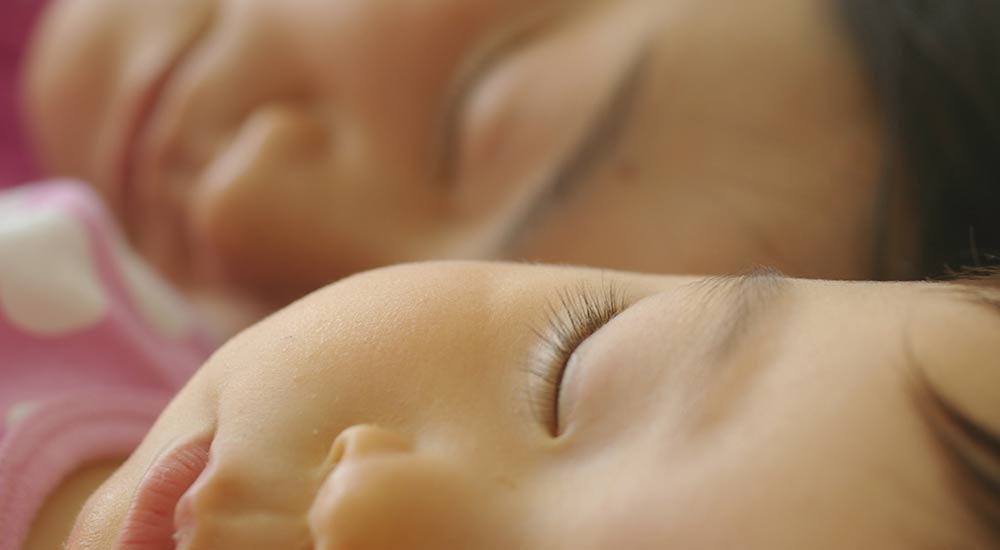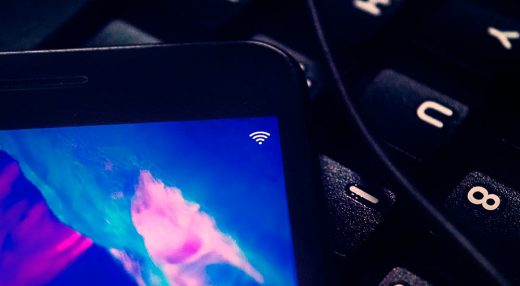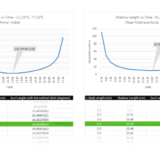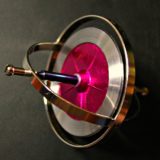How to Fall Asleep Instantly?

Photo by Tamaki Sono | CC BY
My sleep patterns are usually erratic over the course of a year. A few months I evangelize the awesomeness of being a night owl and the rest of the months, I battle myself to wake up early in the morning. But one thing about my sleep never changes. It’s the way that I fall asleep every time.
My grandma used to say that people who fall asleep the instant they lie down, possess the best gift ever. I kind of like to think that I have that particular gift. To be clear, it’s part placebo-induced and part weird psychological black magic. Well, to be honest, unless I am knackered to the core, I don’t fall asleep the very next moment I lie down and snug under my angry birds sheets. On the normal days, my ‘instant’ is like around five to ten minutes. So I advise you not to take the word ‘instant’ in the article in a nit-picky sense.
Psychological stuff that prevents us from sleeping instantly
We, humans, are weird and unique, but when it comes down to things that keep us awake at night, it all comes down to these.
- Existential crisis.
- Imaginary friends.
- Imaginary scenarios.
- Imaginary scenarios with imaginary friends.
- That one email you sent it to the team without fixing the typo.
- Fear of adulthood.
- A really awkward and embarrassing memory that your brain decides to chew on.
- An awesome notion about life, the universe, and the singularity itself.
- That one persistent bug in your code.
I know. I know. Relax. Even listing it all down almost jolted a panic attack in me. Well, the point is, our brain just wants to keep revisiting to all this stuff. It’s thinking. It’s so active. But to sleep. It needs to be at a lower state, sort of like, a state where it’s calm and quiet. It’s hard to bring the brain to that point really. Now, this is all the psychology of why we can’t sleep. Here comes the science part!
The science of sleep
Humans fall asleep when neurotransmitters do their play and push our brain to sleep. Primary compounds that are responsible for sleep are Adenosine and Melatonin. Adenosine is produced mainly by the breakdown of ATP molecules, which are produced from glycolysis.
So imagine your whole day! Adenosine builds up in your body and brain as you progress through all your life battles during the day. The built-up adenosine induces sleep by inhibiting the activity of your neurons by the end of the day, making you feel tired. This is made possible by one of the four adenosine receptors – A1 that is present everywhere in your body. This inhibition is what puts you to sleep gradually at night.
Besides adenosine, the other compound is melatonin, which is secreted by the pineal gland and only when there is no light entering your retina. So they work hand in hand to help you make your way through the rainbow bridge that leads to your dream world. It is when these activities are disturbed, you find hard to get sleep.
The physical factors that affect instant sleep
The primary physical factor that influences your sleep are those tiny windows of light on your hands and desk. If you are reading this at night, you may as well know how it affects you. :) How could you expect your pineal gland to produce melatonin with a bright screen staring right into you? I guess you need no more explanation for this part. Other physical factor includes the following.
- The temperature of the room.
- Comfortness of the fabric of your, clothes, pillows, and sheets.
- Noise level.
- Air quality.
Train like a Jedi, or a Super Saiyan here
The only way you can sleep peacefully is by eliminating the psychological and physical factors listed above. And not just peacefully, as once you get yourself in the routine you could actually sleep whenever you want. Instantly!
Turn to the dark side
Let’s talk about using our devices before bed. For geeks like us, I know it’s kind of a momentous feat to avoid it instantly. But you can lessen the effects until you eventually stop using devices before you go to bed. First thing is, install something like flux. It reduces most of the blue light from your monitor and helps you in its own way. Blue light – bad. Red light – less bad. Reducing your brightness and turning off the lights will do more good too. And some comfy clothes and stuff too.
Lose yourself
Now, let’s see what you can do about the mind stuff. Unless you own a versatile and intelligent neural interface that can alter your mood, your mood can only be controlled by you. Your brain wants to be active? Alright. Give it something to be active, but not too much. We don’t want it hyperactive. Mundane things like count stuff. Numbers, sheep, or whatever weird things you are used to will do. Or just think about breathing. Just the breaths.
Go lite
Try forgetting yourself. Forget who you are and what you are. At least, that’s a good start to derail you from the track of subjective thoughts. The fact is that you are one of the gazillion mysteries in this universe. You are a life form in this cosmos that is as complex as your brain. The cells in your body have collectively devised a sophisticated mechanism to operate as a whole human being. Rather than trying to put yourself in an evolutionary risk, try to think through all the facts and be the flesh and bones you have always been.
And picture yourself away from the Earth, at this vantage point, all calm and quiet, floating in the dark space. Use your breathing to eliminate all the noises around you–both auditory and the remnant noises from the thoughts and reality. Complete mental isolation. That’s how you get to sleep instantly.

A retreat that is 6 billion kilometers away.
And when you wake up, write a dream journal, explore your dreams, and find your solitude in your imagination… Have a good sleep… :)
This post was first published on May 12, 2016.










